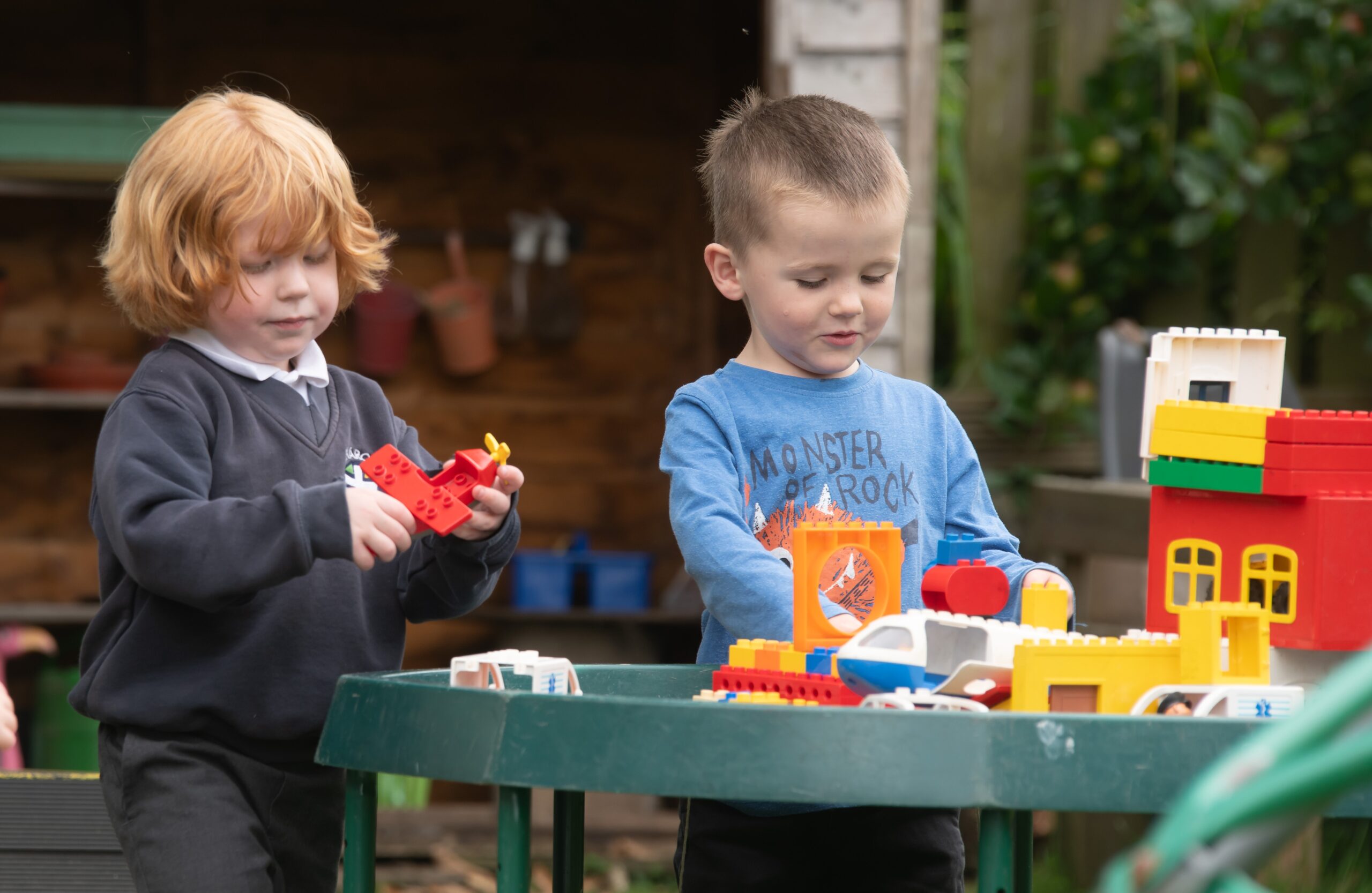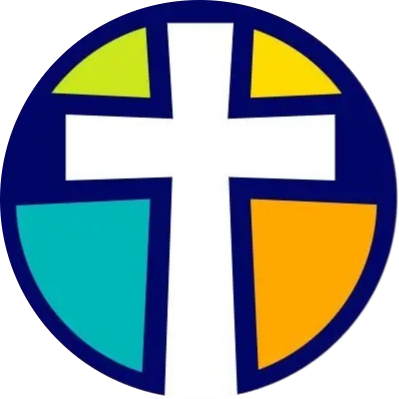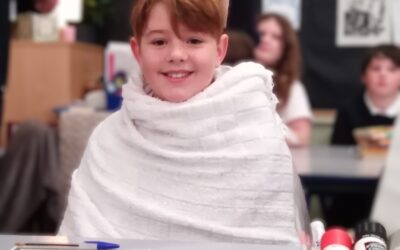Why RE Matters at Our School
At our school, we believe Religious Education (RE) is about much more than learning facts. It’s about helping children understand different religions and worldviews, encouraging curiosity, respect, and open-minded discussion. Through RE, pupils learn about diversity and what it means to live well together—locally, nationally, and globally.
What RE Looks Like Here
- Taught weekly in every year group
- Built on a spiral curriculum, so children revisit themes and deepen their understanding as they grow
- Explores religions and non-religious worldviews, promoting respect and inclusion
- Celebrates the rich diversity of modern Britain and helps pupils develop cultural awareness
- Enriched by a planned programme of visitors and visits, bringing learning to life through real experiences
How We Make Learning Stick
- Lessons are carefully sequenced so knowledge builds over time
- Teachers check understanding through quizzes, vocabulary use, and lively discussions
- Children explore some topics in depth, gaining detailed knowledge they can draw on later
In Practice
- Early Years: Weekly lessons using stories, role play, art, artefacts, and big class books
- Key Stage 1 & 2: Weekly lessons following a two-year rolling programme
Our aim is simple: for children to feel confident and respectful when talking about different beliefs and worldviews—and to understand why this matters in today’s world.

15th November 2025
At Sharow School, Religious Education is an important part of helping our pupils understand and...


